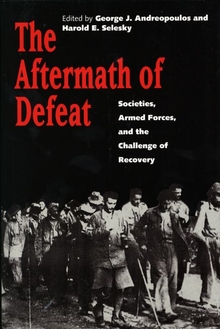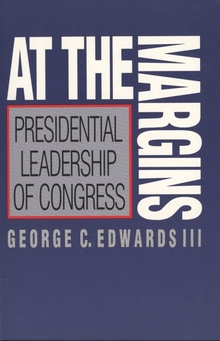The Aftermath of Defeat
WARNING
You are viewing an older version of the Yalebooks website. Please visit out new website with more updated information and a better user experience: https://www.yalebooks.com
Societies, Armed Forces, and the Challenge of Recovery
Edited by George Andreopoulos and Harold E. Selesky
When a country is defeated in war, not only are the policies, strategies, and goals of the military affected, but those of society as well. In this book experts in military history examine conflicts ranging from the American Revolution to the Arab-Israeli wars of 1967 and 1973 and to China's invasion of Vietnam in 1979 to show how the trauma of defeat also affects the evolution of society.
The authors argue that recovery from defeat must be assessed on the level of grand strategy, that ultimate responsibility for recovery rests on the capacity of a nation's top political and military leaders to use their society's resources in order to master the challenges confronting them. Sometimes a nation can rebound from defeat simply by re-forming or reorganizing the military services and the branches of government involved in military decisions. At other times military defeat can have a greater impact on society, leading to the consolidation of the status quo, the disruption of the traditional social order, or increased civilian control over the military. In any case, the leadership's viability often hinges on its ability to detect the inevitable pressures for reform that follow military defeat and to harness them accordingly.
The authors argue that recovery from defeat must be assessed on the level of grand strategy, that ultimate responsibility for recovery rests on the capacity of a nation's top political and military leaders to use their society's resources in order to master the challenges confronting them. Sometimes a nation can rebound from defeat simply by re-forming or reorganizing the military services and the branches of government involved in military decisions. At other times military defeat can have a greater impact on society, leading to the consolidation of the status quo, the disruption of the traditional social order, or increased civilian control over the military. In any case, the leadership's viability often hinges on its ability to detect the inevitable pressures for reform that follow military defeat and to harness them accordingly.
George J. Andreopoulos is lecturer in the department of history at Yale University. Harold E. Selesky is associate professor of history at the University of Alabama. Selesky is also the author of War and Society in Colonial Connecticut, published by Yale University Press.
ISBN: 9780300058536
Publication Date: September 28, 1994
Publication Date: September 28, 1994
208 pages, 5 1/2 x 8 1/4









